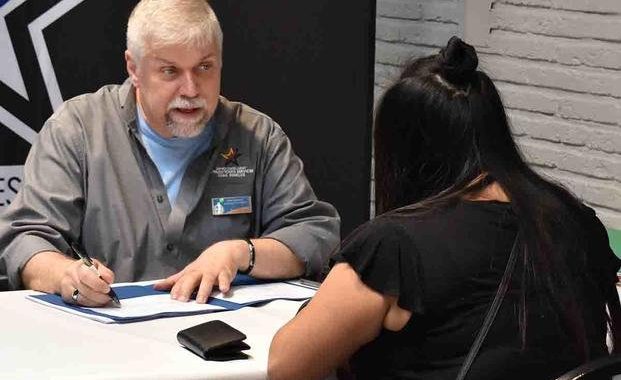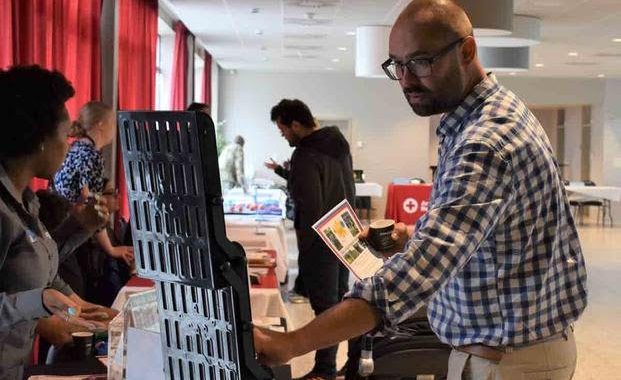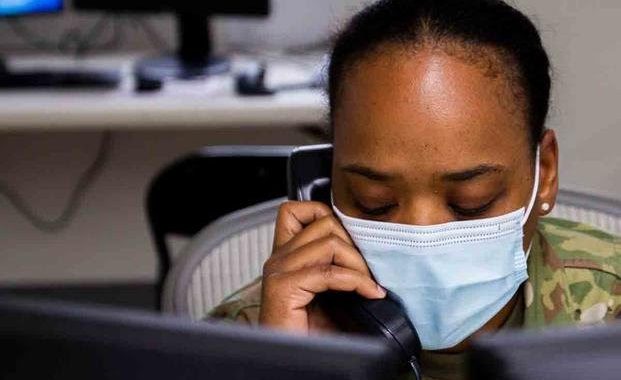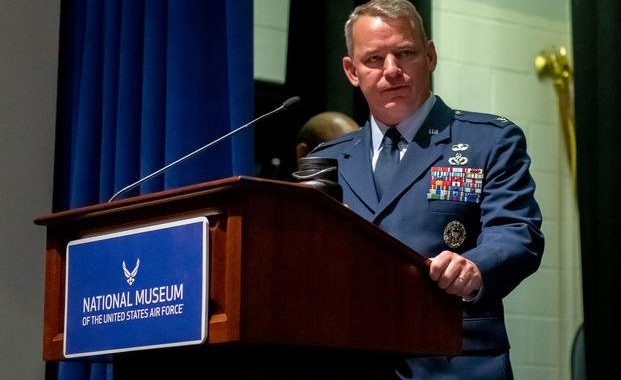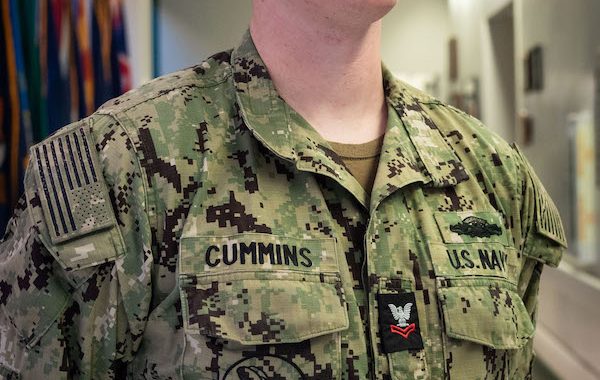Combining Units Bring Best Practice
3 min read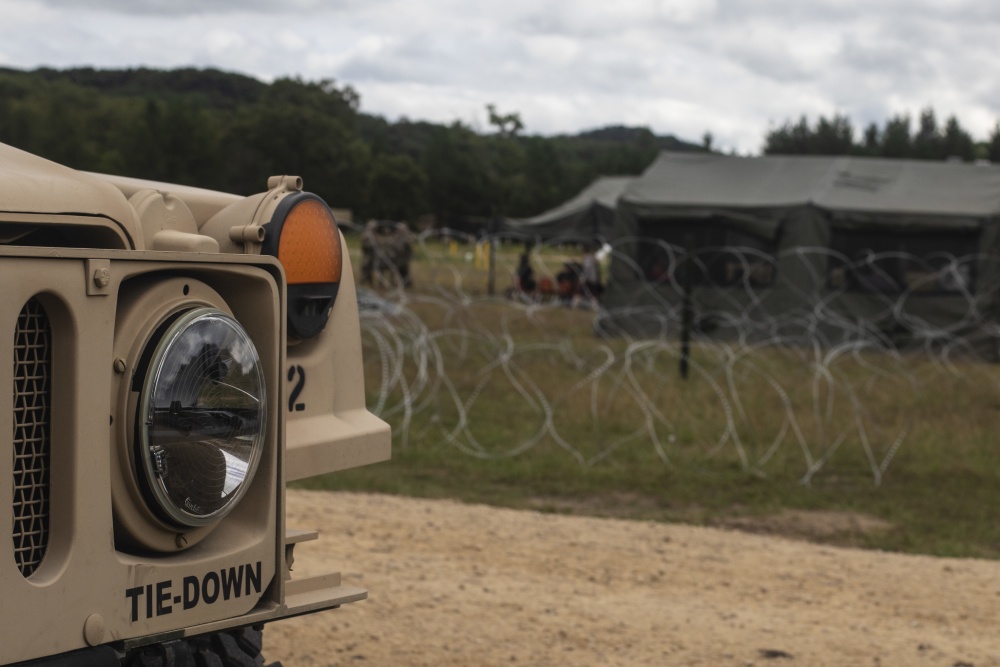
UNITED STATES
Story by Master Sgt. Andy Yoshimura
200th Military Police Command
FORT MCCOY, WISCONSIN – Every year, Fort McCoy welcomes hundreds of Army Reserve units participating in the Combat Support Training Exercise which validates Ready Force and deploying units. Two military police battalions and their companies teamed up to run and facilitate a detention facility here at Enemy Prisoner of War 2 training site as part of their validation.
Running a detention facility with Soldiers from different units is common practice for those deployed. Military police units from different locations trained together on their collective MP tasks. Not only did the units work on their detention operations, units also trained on dislocated civilian and area security operations.
“We were able to combine staff and work with the other battalion,” said Lt. Col. Timothy Tyler, commander of the 327th Military Police Battalion. “We were able to streamline our staff and get into the Military Decision Making Process; we were able to put together some good products.” The MDMP is a seven-step military decision making process used in both tactical and garrison process.
Lt. Col. Aaron Combs, commander of the 785th Military Police Battalion felt that the combined training prepared his junior leaders in reacting to what they will see in a real-world mission.
“We had a lot of our junior leaders that we have been able to stress and stretch through this experience to stepping into leadership roles,” said Combs. “By combining the battalion staffs together, we learned each other’s strengths and weaknesses. Our challenges have become strength enablers.”
Four units worked together conducting a 24-hour detainment operation. Units provided Entry Control Point support, in-processing/medical, escort and guard staff overseeing the safety of the detainees.
“Working with other units builds cohesion here,” said Staff Sgt. Anthony Almazan, a military policeman with the 414th Military Police Company. “We have people that come with different backgrounds. It helps us with building the facility better from the ground up. It brings up a lot of different personalities and leadership skills that we can build on.”
New Army Reserve Soldiers like Pfc. Casey Johnson, of the 428th Military Police Company, has also benefitted by working closely with experienced Soldiers who participated in multiple deployments.
“Training is going real well, the mock situations are teaching me a lot about different things that can happen in a detention facility,” said Johnson. “I am learning a lot from real world situations. It’s been helping me out a lot.”
“It is nice to work with people you don’t know and learn from them also,” added Johnson.
Military police units also trained on the task of providing support for displaced civilians as part of their collective training. Soldiers provided medical and security support for civilians who need to be moved off of the battlefield.
“Soldiers are out here trying to create best practices in order to conduct displaced civilian operations and process,” said Cpt. David Dahlstrom, 785th Headquarters and Headquarters Company “All of this training here will get us prepared for forward operations where we will have to interact with displaced civilians and learn how to help them and in-process them.”
Perimeter security of the detention facility and the displaced civilian camp is another essential key in running a smooth operation. The 354th Military Police Company provided combat support during the exercise working along with their sister units.
Spc. Heath Carpenter, a military policeman of the 354th enjoys training with other units.
“It gets me out of my comfort zone,” said Carpenter. “Some people are not good in meeting new people. It is good to meet new people and broaden the chemistry amongst the military community and not just from your unit.”
For two weeks, these Soldiers have learned from each other on not only how to operate a detention center but also have learned working alongside different leadership skill and practices. Leaders documented the best practices that will help them in future operations.
“We have established a working Standard Operating Procedure for a dislocated citizen camp,” said Tyler. “I think it will be extremely great for the entire Military Police Corps.”
“So we got our combat support companies and our detention operation companies working together,” said Combs. “This is how we operate in the field and this is a great opportunity for the individual companies to come together and put in the practice for what we do throughout the year.”
“There are a lot of pieces that come together here,” Combs added.


